You want to give a new momentum to your company’s culture, but you don’t know where to start? Well, let’s start with the basics. One of the most effective approaches to improving organizational culture is to listen to your team. In fact, according to a recent study, 85% of employees believe that listening to their concerns is essential for a positive organizational culture.
The Importance of Active Listening
Taking the time to get to know each member of your team and building a relationship of trust is fundamental. It may seem simple, but it can also be a complex process. It is crucial to find the right balance. Asking too many questions or offering too many opportunities can be counterproductive and even harm the trust you are trying to build.
Adopting a Realistic Approach
To avoid spreading yourself too thin, it’s wise to start with a simple questionnaire. Tools like Gform or Microsoft Forms are perfect for gathering the necessary information. Here are some examples of questions you could include:
- What is your birthday?
- What is your favorite color?
- Do you prefer sweet or salty coffee?
- What is your favorite cocktail? (With or without alcohol)
- What is your dream vacation destination?
- What is your favorite dish?
- What is your favorite music to work to?
- Do you have any food allergies?
These simple questions can provide valuable insights into the individual preferences of each member of your team.
Using Collected Information Strategically
Once you have collected this information, it is important to use it strategically. Integrate this data into more formal survey questionnaires or informal discussions to deepen your understanding of each team member. For example, if you discover that a team member loves jazz music, you could consider organizing a jazz night to strengthen bonds and foster a positive and inclusive work environment.
Implementing Personalized Initiatives
By using this information, you can implement simple yet meaningful initiatives. For example, sending a personalized email to wish a happy birthday, using the person’s favorite color and including their favorite coffee, shows each team member that they are listened to, valued, and recognized.
Creating an Inclusive Work Environment
In addition to strengthening relationships among team members, the judicious use of data can help create a more inclusive work environment. By taking individual preferences into account and offering personalized benefits, you show each team member that they are valued and respected.
Encouraging Creativity and Innovation
By valuing the opinions and preferences of each team member, you also encourage creativity and innovation. Indeed, an environment where everyone feels listened to and understood is more likely to generate new ideas and find innovative solutions to the challenges facing the company. To take creativity even further, organize team-building activities that respect the interests of your teams, in addition to helping you bring your values to life. Eureka Concept develops unique and immersive concepts that transform your humans, through puzzles, into engaged and caring teams.
Consistency in Effort
Finally, consistency is essential. It is crucial to provide fair service to all team members. By designating at least two or three people responsible for this process, you ensure that each individual feels supported and valued.
The information collected can also be used to shape company policies and practices. For example, if the majority of employees prefer to work remotely, this may encourage the adoption of flexible work policies that improve well-being and productivity.
Conclusion
In summary, by listening to your team, using collected information strategically, and ensuring a consistent and equitable approach, you can create a positive and inclusive organizational culture that promotes the growth and success of each individual. Investing in a strong organizational culture is an investment in the long-term success of your company.
Jessica Allocca
Founder of Eureka Concept

